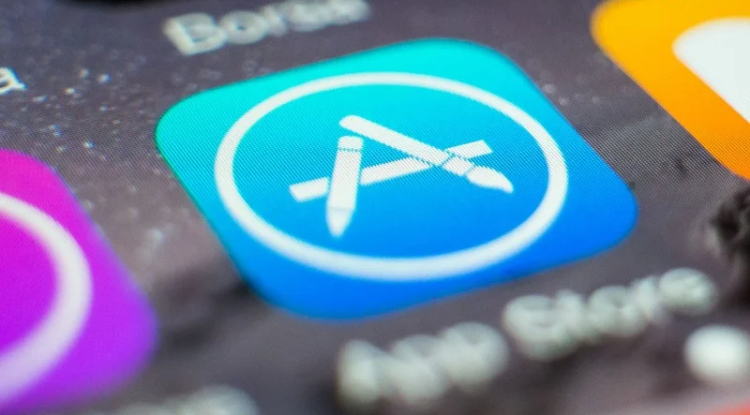Digital devices affect children's brains, scientists have found

Scientists have been studying the impact of digital technologies on children’s brain development for more than twenty years and have found that digitalization leaves its mark not only on our culture, but also inside the brains of children.
The team of researchers looked at more than 30,000 participants, focusing on children under 12 years of age and collecting 33 neuroimaging studies conducted from 2000 to 2023. The results of this analysis were both provocative and inspiring.
The first main finding confirmed the influence of digital devices on the structure and function of children's brains. Surprisingly, however, these changes were not always negative. The impact depended on the type of devices used and the activity with which they interacted. Screen media, games and other forms of digitalization can either improve or worsen brain function.
Notably, the areas of the brain, particularly the prefrontal cortex, experience the greatest impact from digital devices. These changes, according to research, can last for a long time, affecting so-called “executive functions” - high-level cognitive skills, including planning, decision-making and restraining oneself from unwanted behavior.
However, in a sea of varied findings, a few studies stand out for their optimistic approach. Some have found that digital experiences improve concentration and learning by activating certain areas of the brain. Video games, for example, can stimulate executive functions and cognitive abilities.
It is difficult to say unequivocally whether the impact of digital technologies on children is exclusively negative or positive. Research results indicate the ambiguity and complexity of this issue. Ultimately, it is important to conduct more in-depth research to better understand how these technologies affect children's brains and what strategies can optimize their positive effects.
Share
What's Your Reaction?
 Like
0
Like
0
 Dislike
0
Dislike
0
 Love
0
Love
0
 Funny
0
Funny
0
 Angry
0
Angry
0
 Sad
0
Sad
0
 Wow
0
Wow
0





![Transfer/ Postings Senior Superintendent Police Hyderabad [Notifications]](https://pakweb.pro/uploads/images/202402/image_100x75_65d7bb0f85d5f.jpg)
![Amazing Text Animation Effect In CSS - [CODE]](https://pakweb.pro/uploads/images/202402/image_100x75_65d79dabc193a.jpg)






